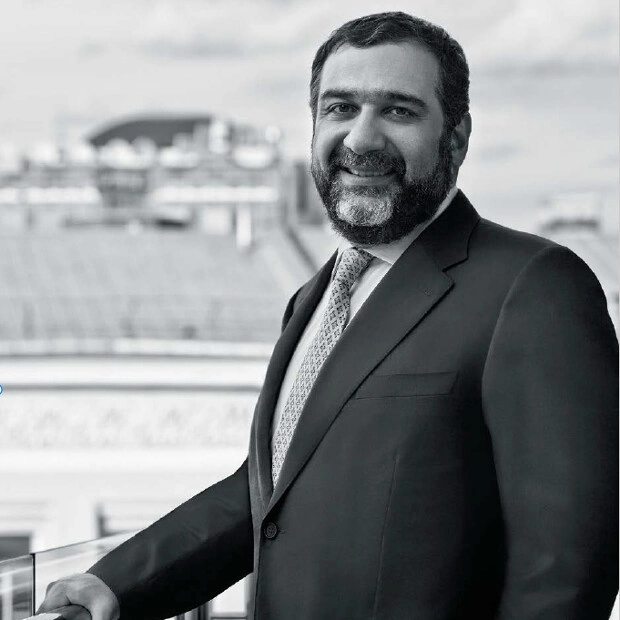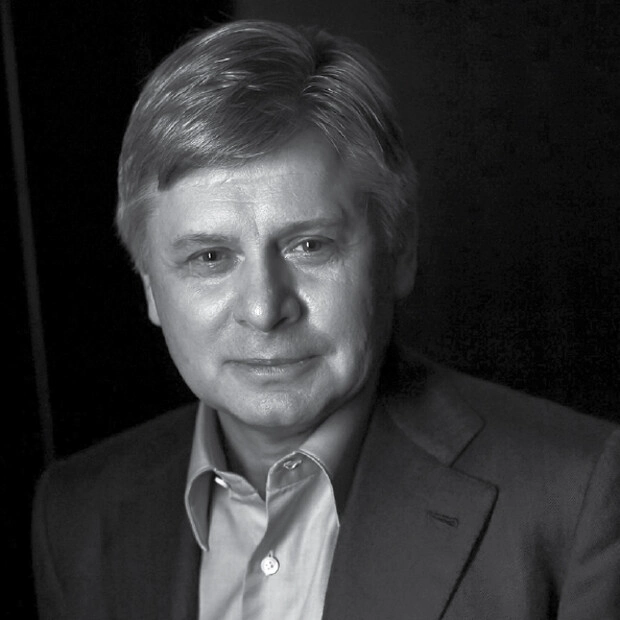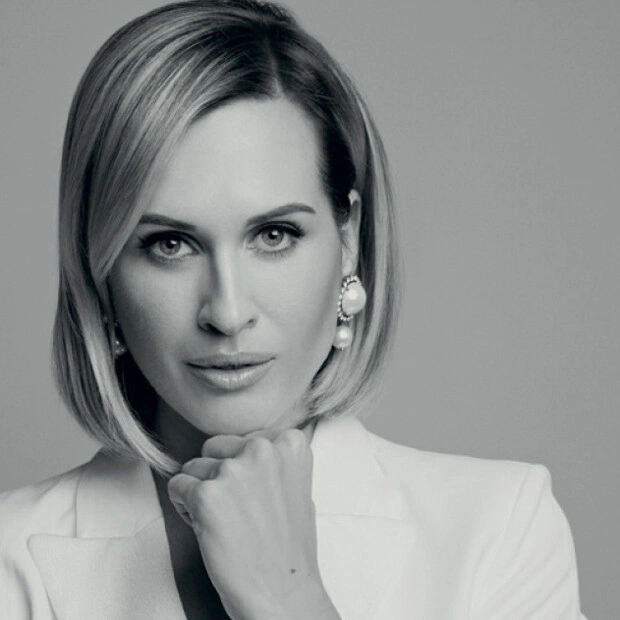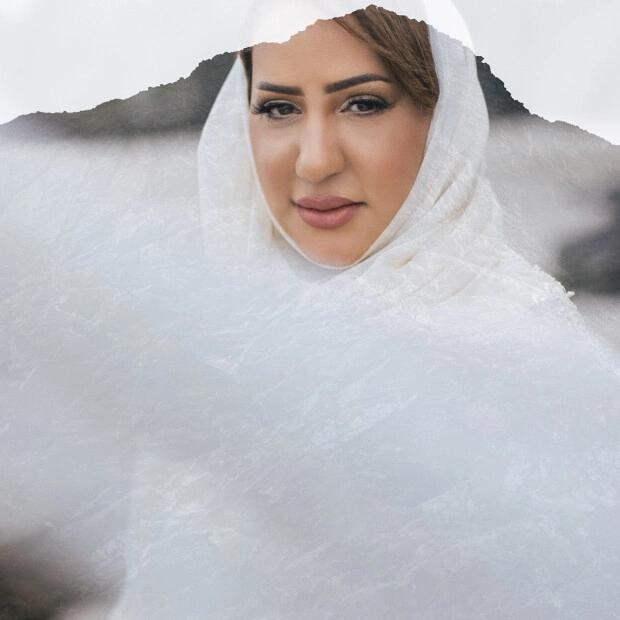We can say now that economics 'digitalizes'. This process seems to capture all spheres of our life. But what do we know about digitizing of non-commercial activities? Our new columnist, specialist in crypto currency and blockchain technologies, founder of Blockchain Angels Foundation, Lena Kozar, on the way technology can advance the interest of the charity sector.
Markets will change after the introduction of blockchain technologies, information will be contained in shared databases in digital form and all records will be protected from being deleted or changed. Information will be easy to check without any doubt of its authenticity and work of standard intermediators such as banks and notaries will be completely replaced by mathematic algorithm. It sounds like a very far perspective but many people already understand that future belongs to IT technologies, artificial intelligence and block chains and it is coming soon. Now it is as important as never before to have the ability to adapt.
I always followed the route of developing myself in many spheres of life. This first brought me to the training of Tony Robbins in London, then motivated me to work in educational sphere. And it goes without saying that blockchain technology became one of the most learnt and attracted my attention at once. The story of my first investments and steps to learn IT began.
My immersion into the topic resembled of the attempt to solve a very difficult puzzle, information from Internet wasn't enough and I found a short course to upgrade my knowledge. Little by little it became clear that blockchain technology gives an opportunity to make transparent data almost in any field such as taxes, art, transport, tourism, education, banks, notaries. One of these spheres is charity where everything is based on trust and transparency. I always wanted to help people and I understood that charity based on blockchain technology is the segment where I can do something.
As a teenager I visited children in an orphanage and helped to organize their leisure. Their behavior, attitude towards life and values are formed without family and it obstructs contact with them. It is obvious that not everyone who wants to help children with physical disabilities and lack of social adaptation is ready for direct contact. It is easier for people to use foundations to donate. This is a step where a question of trust and transparency appears. The most common reason to refuse to donate through charity is mistrust and concern the money will not be used as intended.
Our platform Blockchain Angels Foundation lets every sponsor choose personally to whom and where to help transparently through the system and is open to anyone. Donators and recipients will have an opportunity to be closer to each other due to system peer-to-peer (blockchain) or human-to-human attitude when donations go directly with the help of our platform.
Despite the simplicity of the idea, I faced resis-tance and misunderstanding of people around me. Many of them saw the idea as something alien, not clear, too modern and unwonted. I had to go through resistance and oppose the critics standing on my po-sition of being sure that our system can and must be useful for society. This is the way I see interaction between good deeds, technology and money. The only way to prove consistency of my ideas was to move forward and prove with actions that the project has a future.
The world is digitalizing very fast. My team and I believe that the Blockchain Angels Foundation is the first charity foundation based on decentralized public registry using smart contracts and it will make the situation in charity better. Due to our platform, its openness and loyalty the world will become better and children with developing troubles, disabled people, people who need help will be able to get help from philanthropists who will have a possibility to donate without fear of cheating. It will increase the number of donors. The potential of blockchain technology is hard to overestimate. This technology is already dictating its rules in economy market and has been termed the ultimate disrupter. Despite the fact that it will take some time, it is high time to think of existing in new realities.
And we start the story of charity from the 'tabula rasa' where everything is honest, open and freely accessible.






